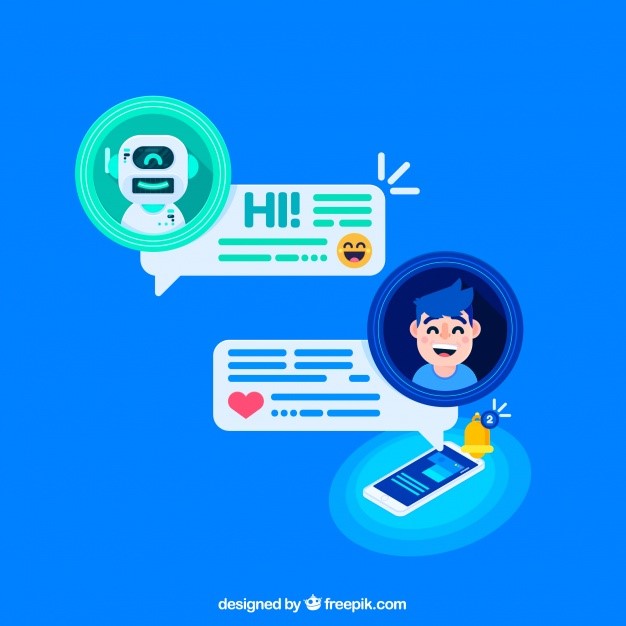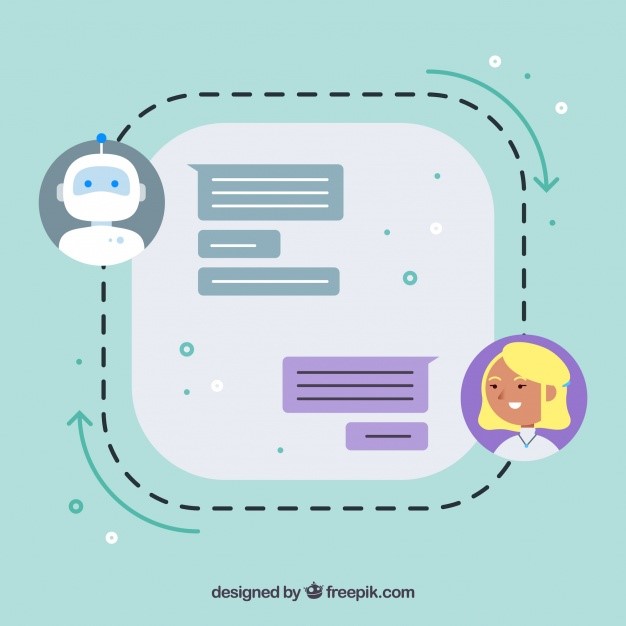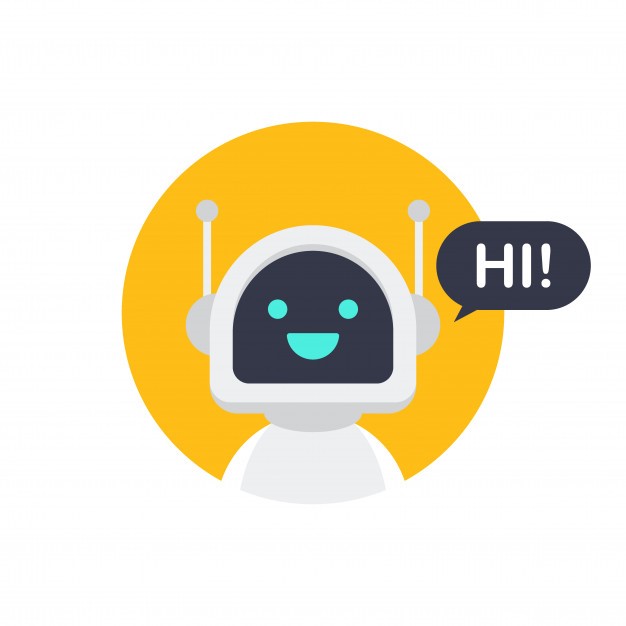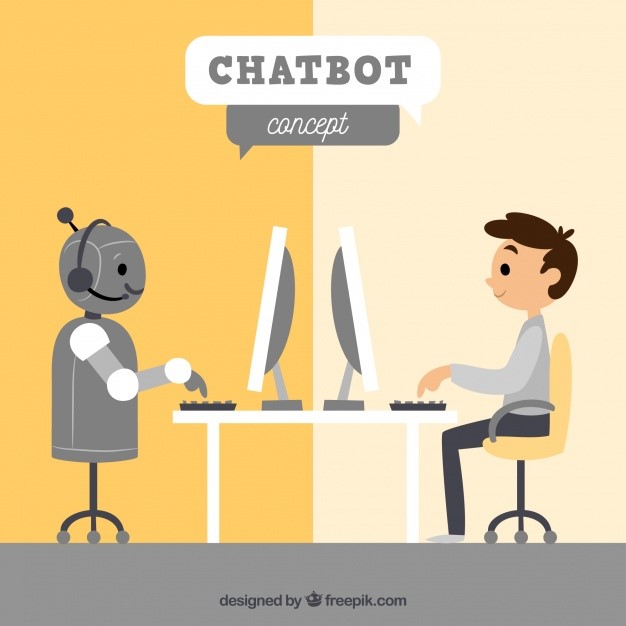There was a time when mental health was considered a vague topic. During the old days, mental health was a taboo with little or no knowledge of what it meant. There was no evidence linking how mental health is necessary for overall well-being.
Even until the previous decade, mental health wasn’t given its due importance, considered a made-up concept by humans to address their notorious actions and uncertain emotions.
However, since international bodies like the World Health Organization started talking about it, giving a number to the people suffering from mental health issues close to 300 million, people started becoming more concerned about their mental wellness.
It is this decade that recognized mental problems as a medical condition, something that cannot be cured by only therapy or only medication, but a combination of both.
This activeness in understanding how your mental health is responsible for everything you do in your life is the reason why mental health services are getting higher. However, even after creating so much awareness about mental health, the traditional means of psychological relief and stress management aren’t enough to help a person cope with his problems.
This is where technology comes in, launching novel products in the market that can take care of the human mental problems and help counter them as well.
Called as mental health chatbots, these are a product of the NLP or natural language processing and conversational interfaces, enabling a more progressive way of dealing with mental health problems, stress management, and offering psychological relief.
What is mental health chatbots?

A mental health chatbot is a conversation AI-bot application designed to talk with the patient regarding their well-being. These bots provide instant 24/7 support to them, inform about their mental health stature, and offer basic recommendations on how to improve their mental well-being.
The primary goal of a mental health chatbot is to make them aware of their mental states as much as possible, connect with them with the mental health professionals, understand their thoughts and emotions, and converse with them on a human level.
Mental health chatbots are powered using machine learning and natural language processing, enabling them to talk and humanely converse with a human. Moreover, chatbots like Woebot, Wysa, Joyable, and Talkspace are already following mental therapy procedures.
Although there have been several promising results for the mental therapy provided by chatbots, there is still a lot to do in the same domain.
How do mental health chatbots work?

Mental health chatbots, just like the traditional chatbots or AI-bots, are designed to continue a conversation but not lead it. So, these chatbots won’t be initiating a conversation but maintaining it. Until there is an action made by the patient, there will be no reaction from the chatbot.
The general framework of any mental health Chatbot follows the cognitive-behavioural therapy method. Popularly called CBT or talking therapy, involves talking about the patient and their feelings, emotions, thoughts, experiences, and memories.
It is a practical approach taken by all psychologists to help ease their patients and understand their way of life. So, mental health chatbots following a talking therapy approach, also manage the mental health states of the patient by perceiving their thoughts and its dimensions and helping them make such negativity into optimism.
Today, mental health chatbots are undergoing several technological developments, allowing them to kickstart a topic for conversation, ask directional questions, and follow-up on received responses.
Other approaches followed include sentiment analysis to keep the flow of a conversation steady, recognize trigger words and terms that indicate mental illness, anxiety, depression, and stress. Each of the words serves as a keyword, possessing its decision tree.
Moreover, all the information collected by a patient does include a viable resolution or a simple conclusion, including a piece of advice or providing the contact number of mental health professionals.
More importantly, every mental health chatbot needs to indulge in empathetic engagement, making the patient feel accompanied and supported. Also, such chatbots need to respect the privacy and security of the patient in their mind. Such considerations have to be thought about before Chatbot service in India builds any such mental chatbot.
The famous mental health chatbot apps in the world

Some of the top mental health chatbot service apps, currently assisting patients and taking care of their mental health. These include:
Moodkit and Moodnotes:
A paid mental health app, charging $4.99 for an install, it came into being in 2011. The app is less of a chatbot and more of a mental health support app with full scope features. Moodkit was built when there wasn’t much knowledge and awareness about mental health, and the concept perfected in Moodnotes.
The app was designed in a manner to engage users as much as possible, help them establish control over their mental state, and substantially improve it as well. The entire concept of the app is to motivate the user to enhance their mood and mental state by using its features.
Woebot:
Woebot is one of the most prominent mental health chatbots in the market, with over 100k downloads in the field. The app came into existence in 2017 and is still the most efficient mental health app.
Several investors are supporting the app’s concept, indulging in the best conversational interface solutions to the patients. The app has been streamlined and adapted for healthcare purposes. Moreover, since it is a free app, there is a growing popularity for the same.
The framework of the app reflects the conversation trees fed to the app and advising relevant contacts of mental health professionals.
Sanvello:
This app works on the CBT methodology and includes features like mood tracking and management meditation and relaxation features. The app uses image and voice machine learning algorithms that help determine the state of the user and provide information relevant to their mental state.
Conclusion
Mental health is a part of the healthcare field, an integral one. Plus, several individuals are suffering from all sorts of mental illness that required medical assistance. The conversational interface of a mental health chatbot service can prove to be fruitful for the patients.
Such chatbots can significantly contribute to improving the mental state of the patients. This perspective, this will further psychological research as well.
However, the question remains, is it possible to automate mental expertise as an effective therapist would do, using sophisticated algorithms and programming, when humans aren’t anywhere close to mastering such skills?

